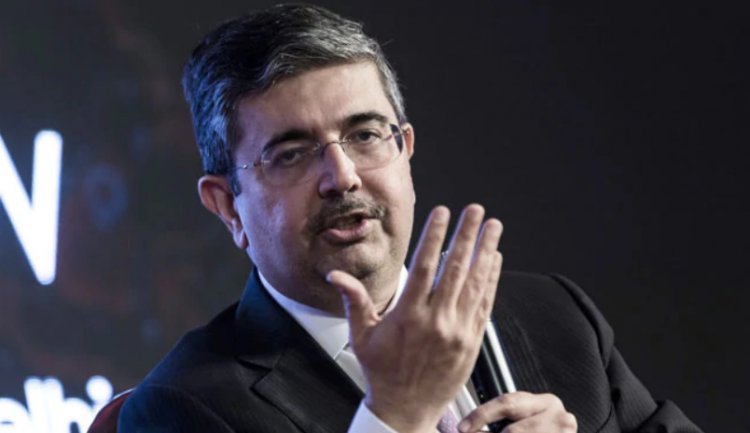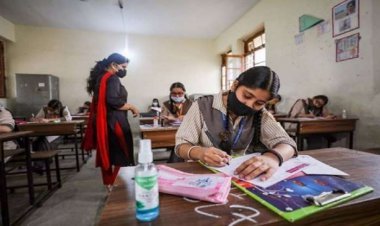Uday Kotak Says Best Time To Invest In India, Lists 5 "Right Sectors"

Overseas investors should look to invest in Indian digital to consumer sector companies now as the economic fallout of the coronavirus pandemic makes valuations of businesses attractive, Asia's richest banker said.
"I have always believed you have to invest in India when things look more challenging," Uday Kotak, the managing director of Kotak Mahindra Bank Ltd. said in a conversation with David Rubenstein, the co-founder of Carlye Group Inc. at the Bloomberg India Economic Summit Thursday. "That's the best time to put your money to work."
With half a billion Internet users and growing, overseas investors had been pouring money into Indian companies in sectors from e-commerce to digital payments -- similar to the early days of China's digital boom. The sector's importance has only increased this year as the Covid-19 pandemic pushed the South Asian nation to impose the world's biggest lockdown in late March.
Mukesh Ambani, who's Asia's richest man, raised more than $20 billion this year, selling 33% of his technology venture Jio Platforms Ltd. to investors including Facebook Inc. and Google. His Reliance Retail Ventures Ltd. has embarked on its own fund raising spree, mopping up $5.1 billion from private equity and sovereign wealth funds in the past two months.
The "right sectors" to invest in India now include digital, e-commerce, technology, pharmaceutical, and consumers, Kotak, founder of Kotak Mahindra Bank Ltd. said. The health care sector is already seeing a surge in investments. KKR & Co. said in July it would acquire a controlling stake in J.B. Chemicals and Pharmaceuticals Ltd., while Carlyle Group purchased a 20% stake in Indian billionaire Ajay Piramal's pharmaceutical business.
"The best place to invest in the world outside of the U.S. over the next ten years or so are certainly going to be India and China," said Rubenstein. "India has not had as much capital from outside as China has had, but I do think in the next ten years that would change, and India is increasingly seen as an attractive place to invest for foreign capital."
Market Share
The nation's strongest private banks had skirted the shock waves that struck the state-owned banks and the shadow lenders in recent years, and which have left those sectors struggling under mountains of bad debt. Private sector banks have been garnering market share at a rapid pace with faster loan growth when compared with their state sector peers, which have avoided stepping up new lending due to a legacy of bad debt.
The banking sector is "ripe for significant structural change," Kotak said. The market share of private sector banks in India will rise to about 50% from the current 35% over the next decade, according to Kotak.
Private banks' loan books grew at an annual 11.3% as of March, more than three times the pace of state-controlled banks, according to RBI data. If asset quality starts to deteriorate, their bad-loan ratios could rise from the 4.2% recorded in March, which was well below the 11.3% for state lenders.
Succession Planning
Kotak also addressed questions about succession. There are no rules as of now that cap his tenure at the Mumbai-based bank's helm, he said, adding that the lender has measures in place for long-term succession planning. At a later stage, and "not in the near future," he might consider a role as a non-executive director of the bank he founded and manages, Kotak said.
The Reserve Bank of India has proposed a 10-year cap for bank founders who remain as CEO or full-time director. That could mean Kotak, 61, has to step down from his current role in Kotak Mahindra Bank by as early as 2022 upon the date of implementation of the final rules.
The billionaire banker has been the CEO of the bank for 17 years. Kotak had also cut his stake to 26% from nearly 30%, settling an unprecedented court battle with the RBI earlier this year.
In the bank, "we are 26% shareholders as a family, and we are very committed to continuing as long-term owners, shareholders and value creators for all shareholders," according to Kotak.
 Matrimonial
Matrimonial

 BRG News
BRG News 




































